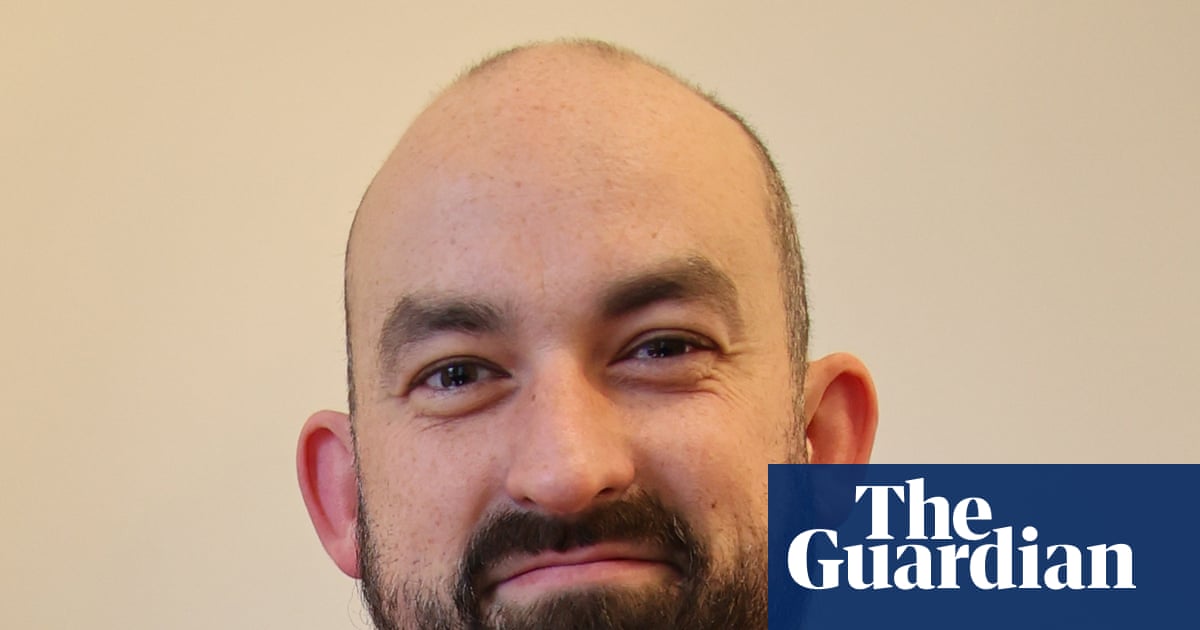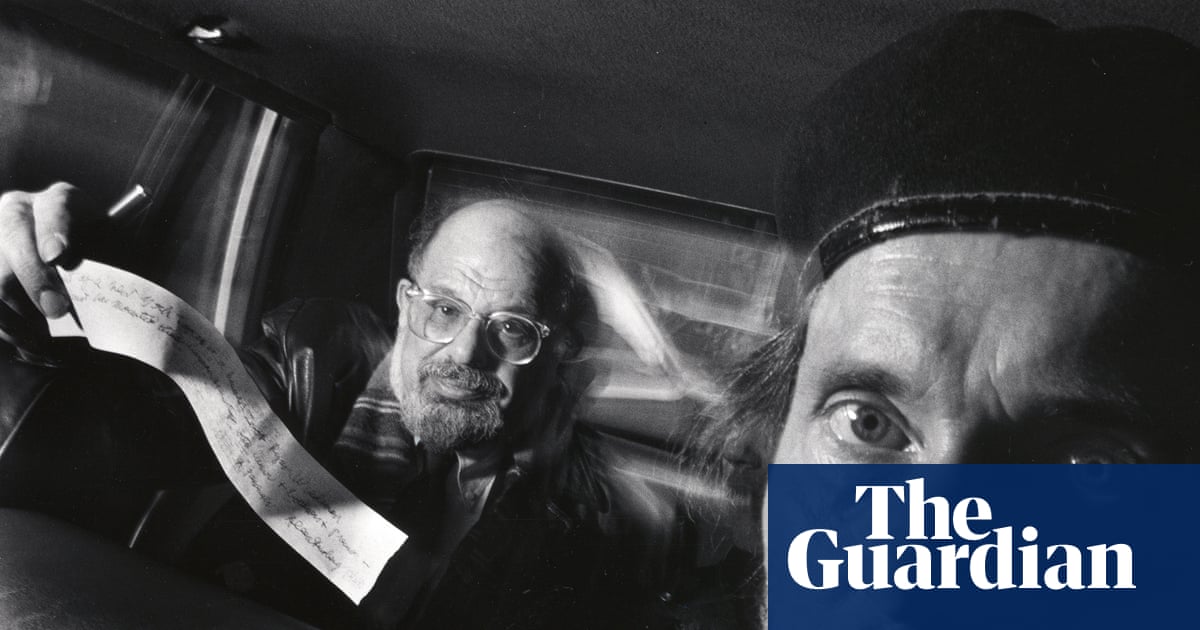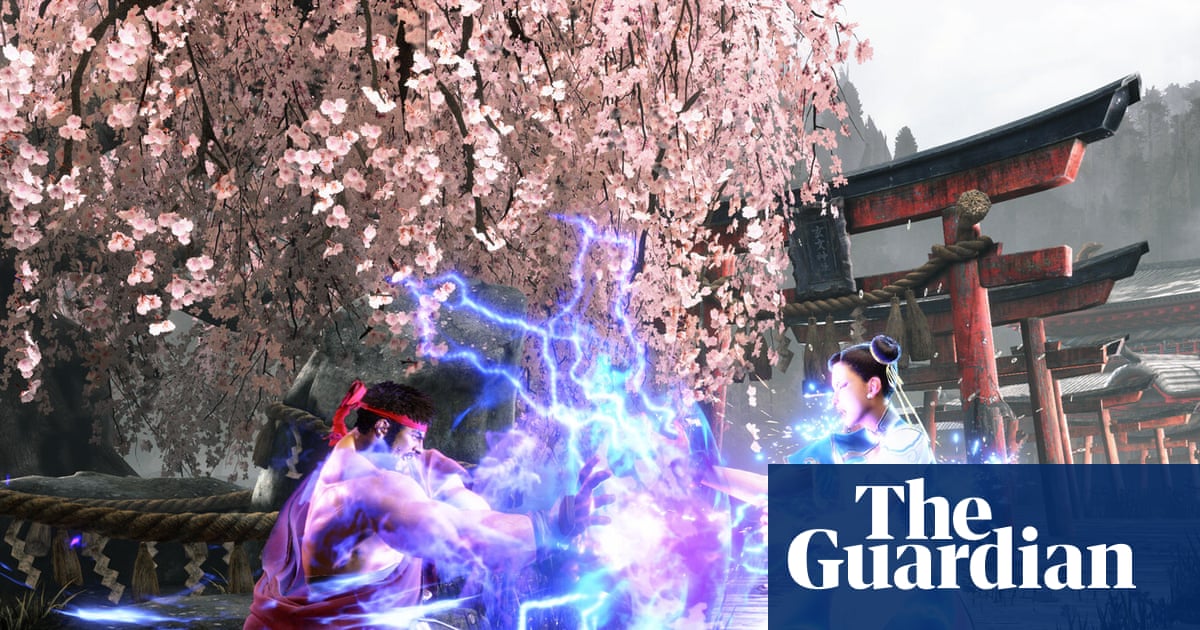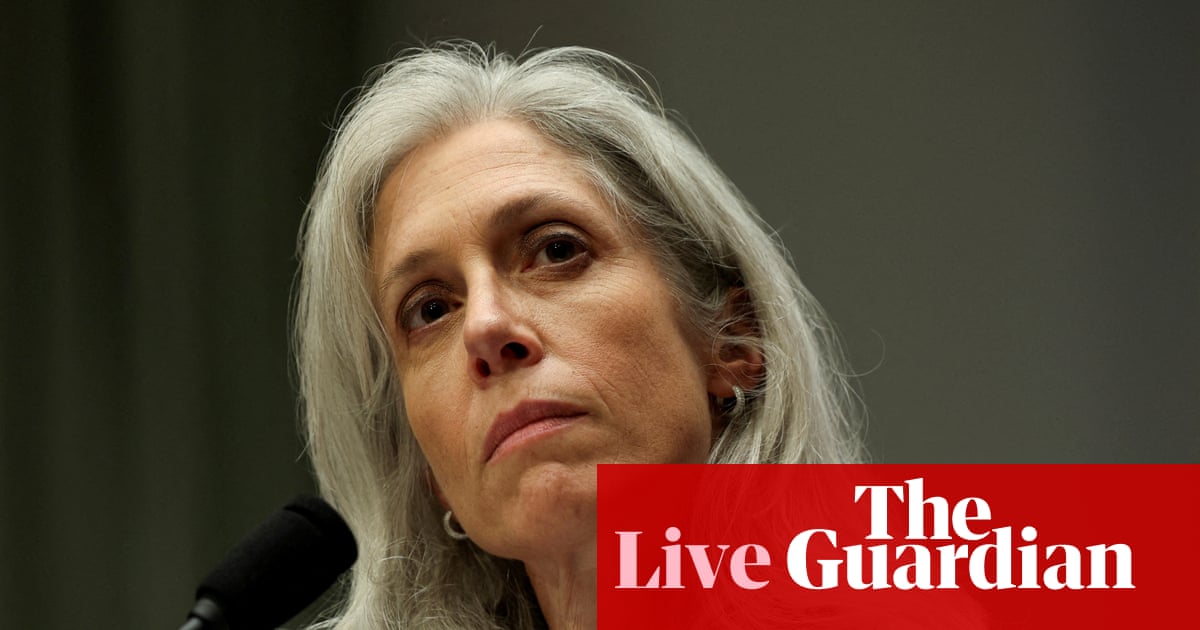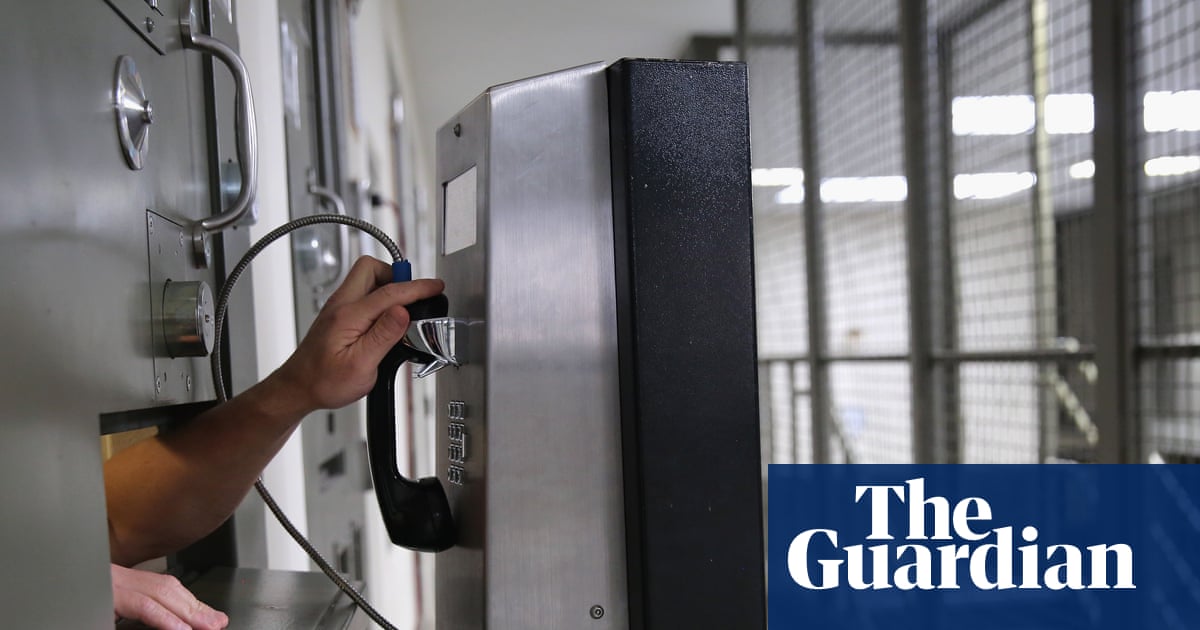I’m not a curtain-twitcher, OK? I’m just a little bit nosy and happen to procrastinate by staring out of the window. Inspiration rarely strikes during these procrastination sessions – but I have absorbed an awful lot of information about my neighbours. “Guess what,” I’ll say to my wife. “I think the flight attendant who always puts his trash out when it’s not trash day broke up with his boyfriend because I haven’t seen him around lately.” My wife, meanwhile, never has any idea what I’m talking about and usually tells me to mind my own business.
I’m starting to think she has a point. In fact, we should all work a little harder at minding our own business. Because I’m not the only nosy parker out there, am I? Judging by the global obsession with the Coldplay couple, we’re all far too invested in other people’s lives.
If you have no idea what on earth that last sentence was about, congratulations. But I’ll just go ahead and destroy your blissful ignorance by explaining that, last week, a couple reacted in a very guilty manner after they got caught on the kiss cam at a Coldplay concert. Singer Chris Martin made a quip about them having an affair and, after footage of the event went viral, internet sleuths quickly discovered that they were colleagues at an AI company called Astronomer. The star-crossed lovers were the (now former) CEO and the head of HR. The story has made worldwide news and been re-enacted at various sports games.
No one should go to a concert where there are more than 50,000 people, each with a recording device in hand, expecting privacy. But the way this story has developed is a jarring reminder of the reach of the surveillance state and the internet’s insatiable appetite for public shaming. Not only were the pair’s identities discovered immediately; people identified the CEO’s spouse and bombarded her Facebook page with cruel comments. Meanwhile, rumours swirled that a woman sitting next to the Coldplay couple was another employee who was helping to cover up the supposed affair. Astronomer put out a statement denying this, but that poor woman probably also got flooded with unsolicited messages. (Social media smearing an innocent person is hardly new, of course. Several blameless people were wrongly accused of being Boston marathon bombing suspects in 2013.)
While lives were upended in an instant during that Coldplay concert, at least one person seems to see a silver lining. “The events of the past few days have received a level of media attention that few companies – let alone startups in our small corner of the data and AI world – ever encounter,” Pete DeJoy, Astronomer’s interim CEO, wrote in a LinkedIn post on Monday. “While I would never have wished for it to happen like this, Astronomer is now a household name.” Congrats, I guess?
Gracie Springer, the fan who filmed the viral moment, is not a household name yet, but plenty of “experts” are giving her advice on how to become one. The Mail quoted a number of social media strategists salivating over ways Springer might parlay her 15 minutes into money and fame, perhaps becoming the next Hawk Tuah girl. “Grace’s video may not have earned her money, but it’s earned her a name,” one expert opined. “The question now is how she monetises that visibility.” As the old saying goes, one person’s personal tragedy is another person’s monetisable content opportunity.
I suppose that, in a roundabout way, many of us consented to this. We clicked “accept” on 90,000-word privacy agreements that we didn’t read, signing away all our data in exchange for convenience and dopamine hits. We handed over our personal information to Mark Zuckerberg, a man who called his users “dumb fucks” for trusting him. We carry tracking devices in our pockets and watch “smart” TVs that watch us right back. We sold our privacy cheaply, creating surveillance billionaires in the process.
And those billionaires, of course, guard their own privacy fiercely. Zuckerberg, for example, is spending an estimated $300m on a secretive apocalypse bunker in Hawaii. The workers reportedly have to sign non-disclosure agreements, so few people know exactly what is going on, other than the fact Zuck keeps building more mysterious buildings with blast-resistant doors. In a recent piece analysing the compound, a Wired reporter snapped a photo of a guard’s shack and was immediately reprimanded. “Don’t do that,” the guard said. “They don’t like that. They’re very private.” It seems privacy isn’t totally dead – it’s just very expensive.

.png) 1 month ago
20
1 month ago
20






